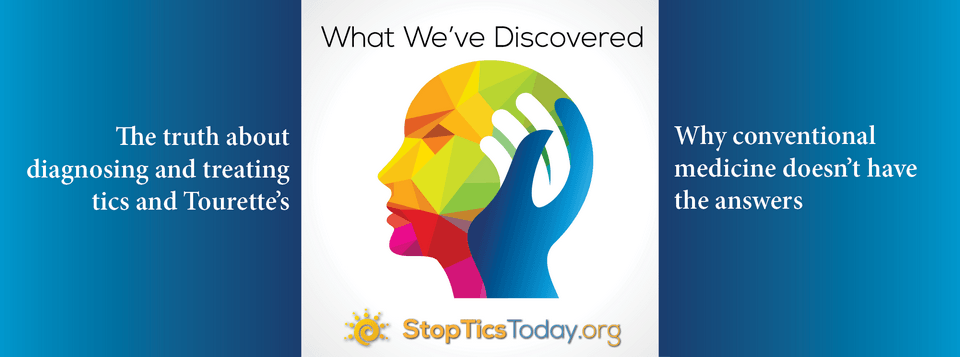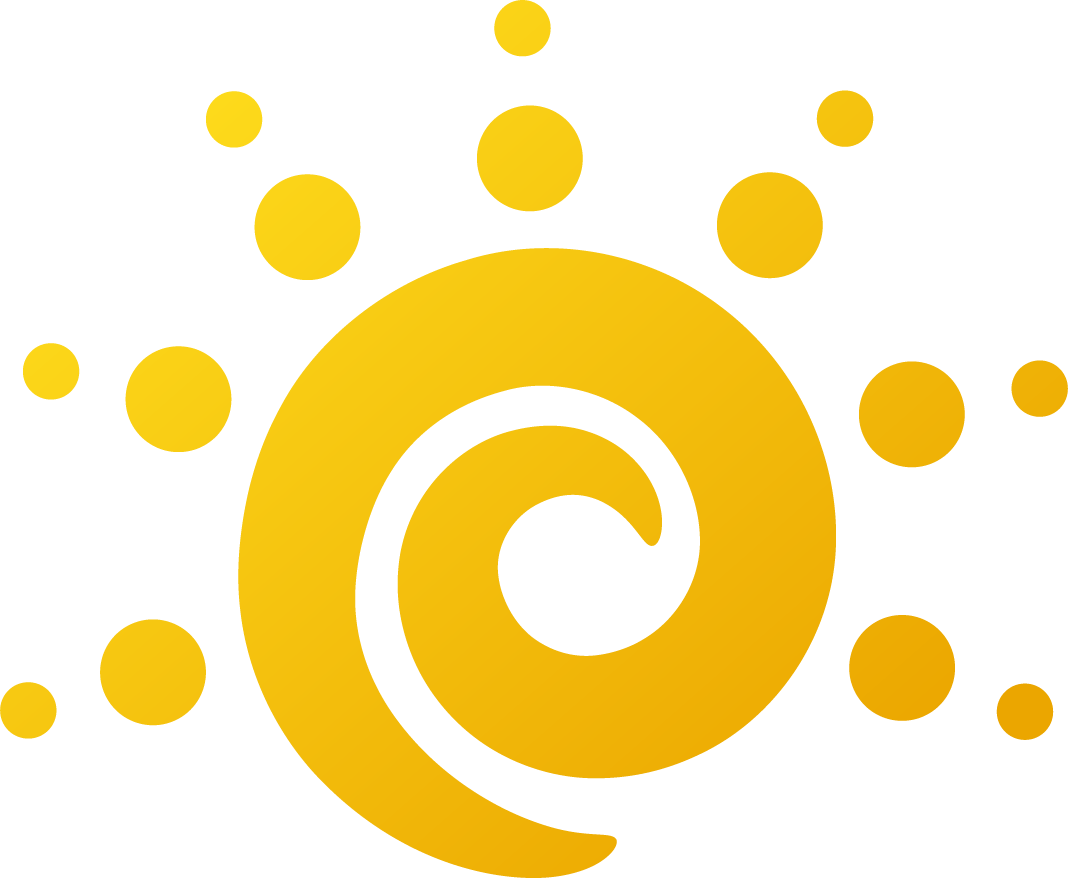It’s no secret that treatments for tics and Tourette syndrome are often ineffective and the prescribed medications can have harmful side-effects.
After more than 30 years of investigating the causes and best therapies for tics, our organization (see Latitudes.org) has learned that conventional medicine has been barking up the wrong tree when assessing and treating tic disorders.
Through networking with doctors and families, we’ve found new approaches, new answers that have been missed by mainstream efforts.
Problem #1: In conventional medicine, the diagnosis for tics disorders is made with a simple checklist, without thoroughly examining the patient.
What we discovered: If patients are properly examined, issues such as biomedical imbalances, immune disorders, gastrointestinal issues, infection, food intolerance or allergy, toxic exposures, and environmental allergies are often found. When these factors are identified and addressed, tics can be reduced and even eliminated.
Problem #2 : For several decades, patients have been told that there is little that can be done for Tourette syndrome because it is genetic and a “mystery.”
What we discovered: This advice has been harmful and misguided. A great deal can be done to reduce and prevent tics by balancing biochemistry, addressing infection, controlling the environment, and/or making dietary adjustments where needed.
Problem #3 : Families are advised by doctors and leading organizations that tics will “wax and wane mysteriously.” In other words, at times tics will get better and then worse. This should be expected and simply observed and tolerated.
What we discovered: There are causes and triggers for tics that when identified open up a new world of treatment and preventive practices for patients.
We compiled many of our findings in Natural Treatments for Tics and Tourettes: A Patient and Family Guide. These ground-breaking findings have changed the lives of countless families. What we need now is research to support our discoveries.
Won’t you help support our effort? Please see how you can get involved.

